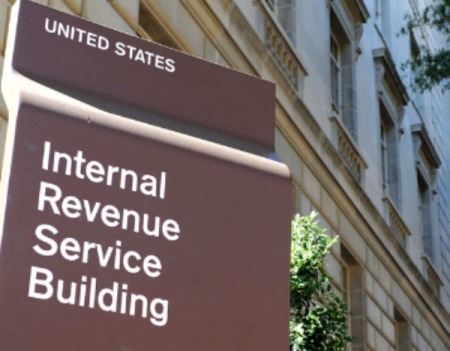Will Trump's Tax Reforms Reduce Giving to Churches?

As Congress and President Donald Trump work to pass tax reform some are concerned that current proposals in Congress will yield a substantial decrease in charitable giving, hurting those groups who serve the most vulnerable people in society.
At issue is the blueprint in the House of Representatives which doubles the standard deduction, effectively removing a stratum of people who normally give but would no longer qualify for a charitable deduction on their taxes.
Brian Walsh, a Washington-based attorney and executive director for the Faith & Giving Coalition, believes the many on Capitol Hill are making some "faulty assumptions"
about the nature of religious giving.
"The conventional wisdom is that religious givers and religious giving are not sensitive to tax policy," Walsh said in a phone interview with The Christian Post Tuesday.
Walsh, who has been working in correspondence with the House Ways and Means Committee alongside several like-minded groups and charities, including Catholic Charities USA, says that many in Congress tend to "believe that religious givers pay no attention to their tax bills and give solely out of devotion and duty." But religious givers do watch their tax bill, he said.
Another misplaced focus some have is on the "higher-dollar" issues within tax reform, Walsh added.
"The White House and Congress are looking for about a trillion dollars in revenue in order to be able to fund tax cuts," he explained
But it is hard for them to realize that a $13 billion hit to charitable giving has significant negative implications for the social services to the poor, homeless, and addicted, that churches and charities provide in society since many such groups already operate on thin margins, he added.
These are the organizations which serve as the first line of defense in taking care of people who have fallen on hard times. And ever since the financial crisis of 2008, such groups have been struggling to keep up with all the need, he said.
"Part of the thinking is that because charitable giving tends to increase when the economy increases, if the economy improves then charitable giving will be just fine," Walsh continued.
While that may be true eventually, "that's not now" he said, as charities would likely feel the impact right away.
"What that does not recognize is that there is a certain amount of giving that is tied directly to the benefits of the charitable deduction and if you reduce the number of people who get those benefits, you are going to reduce charitable giving across the board."
Walsh further noted that research consistently shows that Christians and other religious givers are substantially more generous than the average person and that their finances are already stretched due to their generosity.
"And if the tax code allows them to do more they will do so," he said.
Sandra Swirski, executive director of the Alliance for Charitable Reform concurs that problems exist with current proposals.
As it stands, "the House's blueprint puts at risk that 95 billion dollars in charitable giving," she said in a Tuesday CP interview.
If the standard deduction is doubled a lot of people will be taken away from the charitable deduction, she explained; those who itemize their giving as a whole give approximately 95 billion dollars to charity.
"We're just concerned that if you remove the charitable deductions from that many taxpayers, we're going to have a whole lot less giving, and we're not sure how much," she said.
"The powers that be do fully recognize that an unintended consequence of doubling the standard deduction is the peeling away of a lot of givers," she acknowledged, adding that she believes her and others concerns can be addressed. ACR and other groups are actively working to find alternatives.
In the estimation of Gordon Boronow, assistant professor of business at New York's Nyack College, "when the after-tax cost of giving increases, it is reasonable to expect that giving will decrease," he wrote in an email to CP Wednesday.
"On balance however, I expect the higher after-tax cost will negatively impact giving among those families that currently itemize. For those families that already take only the standard deduction, they are likely to increase their giving."
If changes to the tax code affect giving negatively, he added, "charities will adjust to increase the effect from these more important motivators of giving."
"It may cause charities to focus more on what it is that attracts donors to participate in their mission, and make them stronger as a result," he said.
Swirski's organization is telling Congress: "If you really want to drive giving, then you give everyone a charitable deduction."
"And by the way, that's the right answer anyway because when you give away your income you shouldn't be taxed on it," she concluded.





















